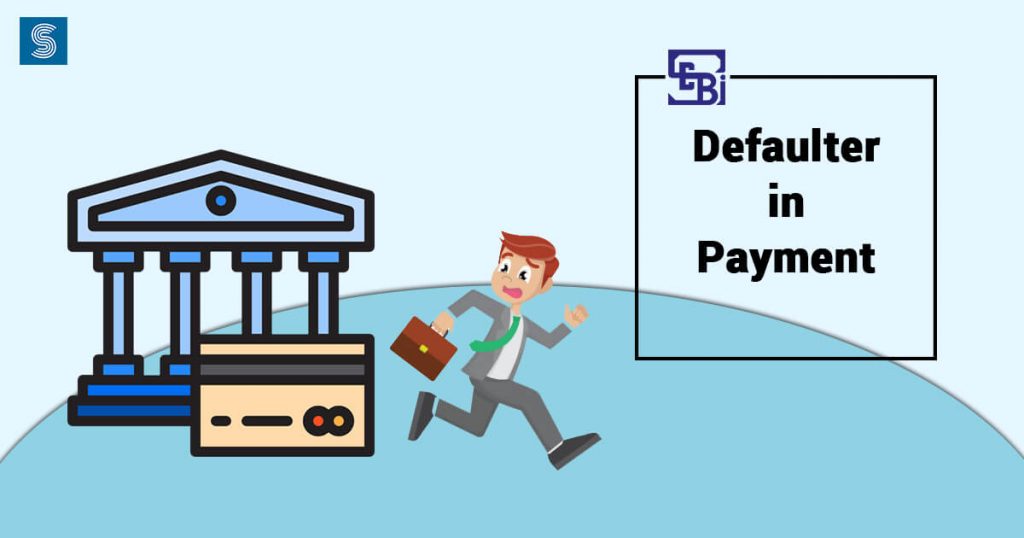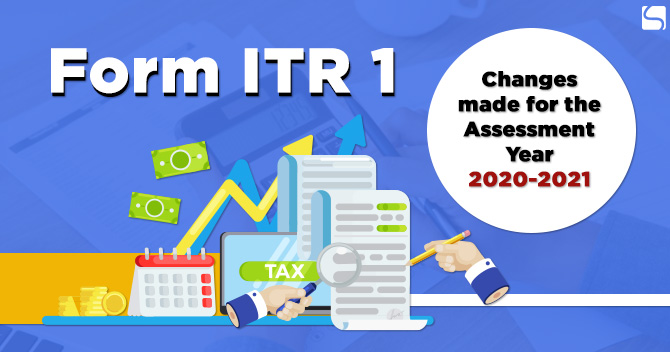SEBI Releases List of Defaulter in Payment of Penalty

Dashmeet Kaur | Updated: Nov 22, 2019 | Category: News
SEBI has released an exhaustive list of the defaulter in payment of penalties by the market regulator. The list displays a staggering number of about 2000 entities that have breached various securities norms. Many renowned entities have failed to pay fines for the offences in regards to the securities market. Some prominent names in the list are GMR Holdings, SBI Capital, United Breweries, United Bank of India, Axis Capital, Alpic Finance (a Cipla group unit), Trident India, and Saradha Realty India Ltd.
Table of Contents
A synopsis of the whole story
The Securities and Exchange Board of India issues a list of defaulter [1] in payment of penalty that reflects the poor state of the market. It was difficult to soak in the reality as the list present some well-known names. Here is the clear picture with all figures and facts that will give you clarity about the matter:
- As per the data of March 31, 2017, an aggregate number of ‘defaulters’ in payment reach an enormous figure of 1,847.
- Moreover, the penalties still stand due for the orders passed by the regulator till December the previous year.
- Further, the defaulter in payment list turns on another level this year. According to the Sebi report on February 7, the total numbers of defaulters were 2,183.
- The list includes companies and individuals against whom watchdog passes the adjudication orders.
- Some of the cases got registered back in 1998 and persist even today in courts.
- The imposed penalty varies from the small amount of Rs 15,000 to a whopping Rs 100 million.
- Besides, the charges against the defaulters revolve around securities norms.
- The most common violations are the failure to redress investor grievances, rupture of collective investment scheme norms/ disclosure norms/ insider trading norms.
- Such violations pertain to provide an unauthorized collection of money from the investors and unregistered portfolio management services.
- J N Gupta, the managing partner of Stakeholders Empowerment Services (SES), take the view on the Sebi list.
Response of Defaulters on the Issue of List
After Sebi issues the comprehensive list of more than 2,000 entities as the defaulter in payment of penalty, several companies objected to it. Some of the companies named in the list request Sebi to withdraw that list from the website. Because either they had already cleared their dues or had appealed to the Securities Appellate Tribunal (SAT).
Sebi soon to tighten the noose of Defaulter in Payment
Although the regulator has exercised its authority to attach banks and Demat accounts for recovery of the dues, it wasn’t sufficient. Therefore, Sebi imposes on disposing of the outdated methods of recovery and emphasizes on adopting new practices. Sebi feels that the technique of fund recovery through the sale of attached assets has become obsolete now and should not embrace more.
Sebi holds power to order detention or arrest of a defaulter in payment. Further, Sebi can appoint a receiver for the management of the defaulter’s immovable and movable properties.
New Fund Recovery Methods will be a Game-Changer
Sebi asks the Government to renew provisions and amend regulations for a faster and efficient method of money recovery. Under the Income Tax Act, it requires to proclaim an order of attachment at some adjacent or place along with the attached property by the beat of drum or other customary modes. Moreover, one needs to affix a copy of the order on the conspicuous part of a property and the notice board of the Tax Recovery Officer. Thus, Sebi has requested the Government to amend three main laws of the security market:
- The Securities Contracts Regulation Act (SCRA)
- The Depositories Act for empowering Sebi to frame regulations for the recovery of funds.
- Lastly, Sebi take measures to “clean up” of the old laws. Henceforth, replace few terms and phrases which has ceased to exist for so long.
The Ministry of Finance agrees to the changes suggested by Sebi. Sebi has also decided to terminate the category of sub-brokers as market intermediaries after a year from now. Some relevant regulations will get amended accordingly at that time. Thereby, the regulator said that the ‘sub-broker‘ should get omitted from the Act.
Final Thoughts
Also, Read:The Financial Impact of Merger and Amalgamation on Banking Sector














